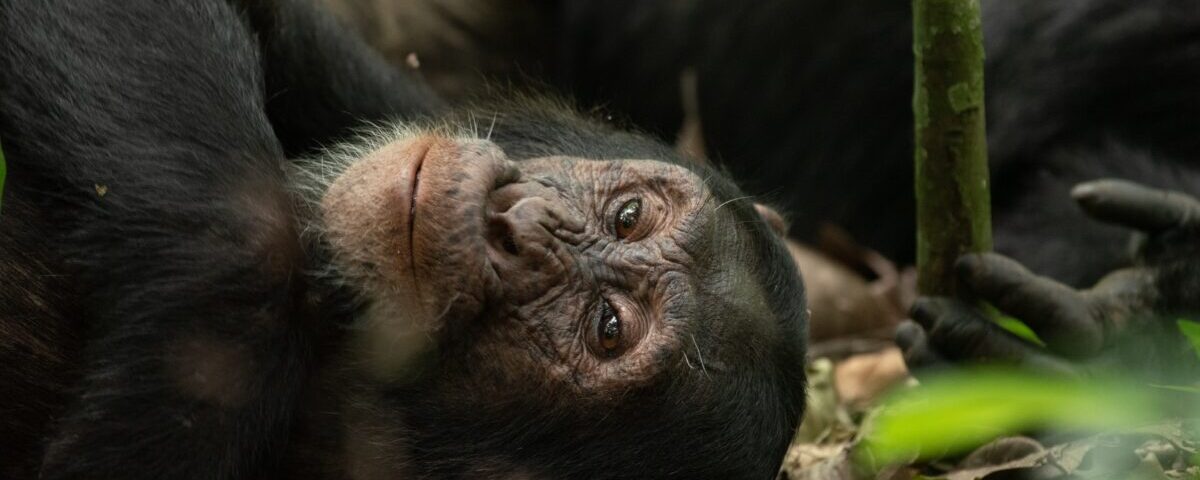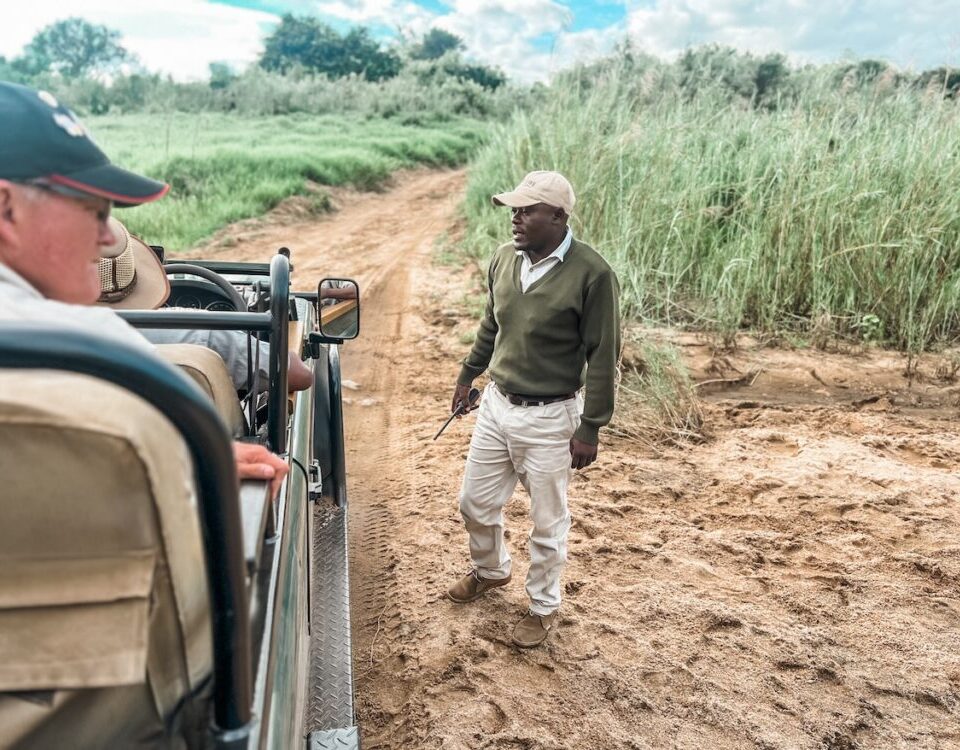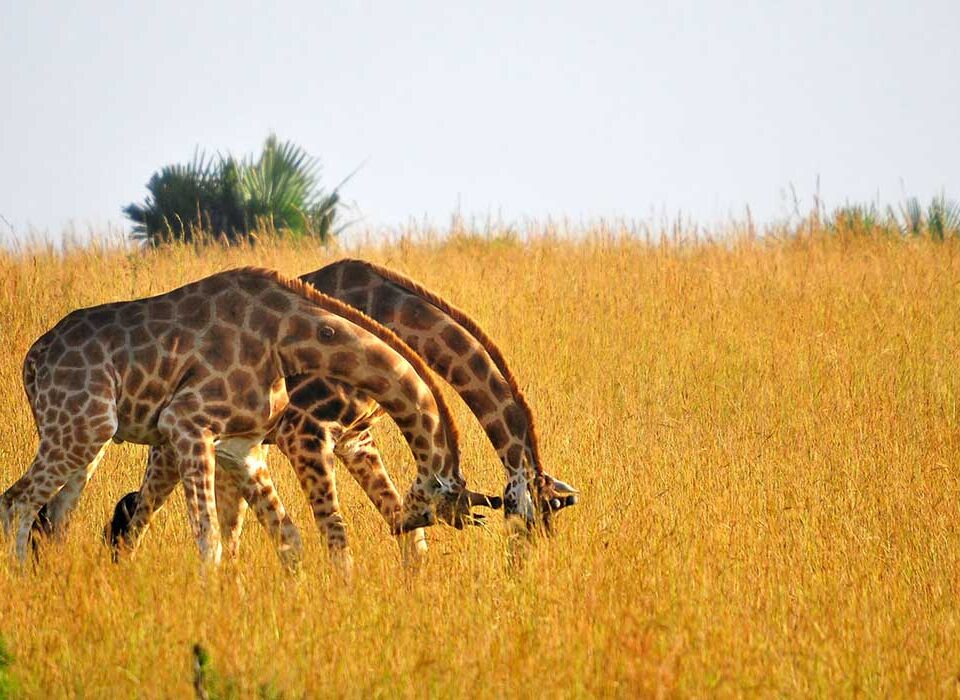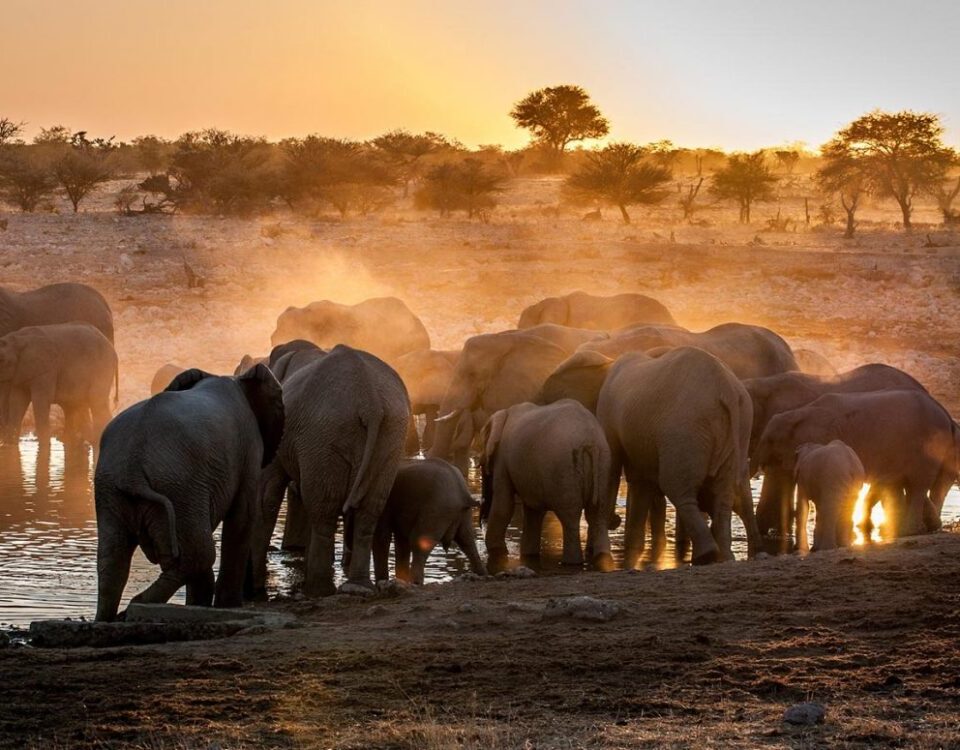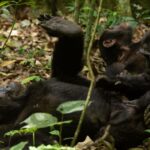
Is Chimpanzee Trekking Ethical?
July 2, 2025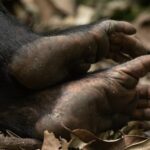
How Long Does It Take for a Chimpanzee to Walk?
July 2, 2025How Old Do You Have to Be to Gorilla Trek in Uganda?
For families, couples, and solo explorers planning a Uganda safari or Rwanda safari, one of the first inquiries is, “How old do you have to be to gorilla trek in Uganda?” This seemingly simple question influences itinerary design, safety planning, and travel preparations for one of Africa’s most iconic wildlife safari experiences—Gorilla Trekking. Gorilla trekking in Uganda—from the misty slopes of Bwindi Impenetrable Forest to Mgahinga Gorilla National Park—rewards visitors with close encounters with mountain gorillas. However, age restrictions exist to protect the health of these endangered primates and ensure trekkers are physically prepared. In this in-depth guide, Wild Village Safaris explores the age requirements for Uganda Gorilla Trekking, the reasoning behind them, and how families can combine chimpanzee tracking, cultural immersion, and other safari adventures to craft an unforgettable journey. Keywords like Chimpanzee Tracking, Rwanda Tour, Gorilla Trekking Rwanda, and more are woven through each section for SEO clarity and readability.
Official Age Requirements: How Old Do You Have to Be to Gorilla Trek in Uganda?
Uganda’s Minimum Age & Regulatory Rationale
When asking “How old do you have to be to gorilla trek in Uganda?”, the essential answer is: you must be at least 15 years old. This rule is enforced across all Uganda Gorilla Trekking destinations to safeguard both trekkers and gorillas. Young children are more susceptible to respiratory illnesses and may struggle to maintain mask compliance or trekking protocols. These primates closely share our DNA and any illness could severely threaten their fragile immune systems. Setting a clear minimum age ensures participants are mature enough to follow detailed safety briefings, keep the required 7-meter distance, and sustain the 2–6 hour hike through challenging terrain—protecting both human and gorilla welfare.
Beyond health concerns, there’s also the physical demand of the trek. Uganda Gorilla Trekking often involves negotiating steep trails, dense vegetation, and high altitudes. Requiring a minimum age helps ensure participants can enjoy the experience without undue risk or undue strain on guides tending to children. This age limit is thus both precautionary and pragmatic, balancing thrilling wildlife safari adventure with conservation and safety priorities.
Physical and Mental Fitness: Why Age Matters
Preparing for the Rigors of Gorilla Trekking
It’s not just about “How old do you have to be to gorilla trek in Uganda?”—it’s also about whether your body and mind are ready. Gorilla trekking demands stamina, balance, and mental focus. The gorillas may be several hours’ walk away, sometimes at higher elevations. Paths can be muddy, uneven, and steep. Adults and teens aged 15+ are more likely to possess the endurance required to complete these treks safely. Additionally, trekkers must remain respectful—quietly observing, avoiding sudden movements, and following guide instructions. These behaviors require maturity, which is why the age limit is more than a number—it safeguards the quality and ethics of the wildlife safari experience.
Wild Village Safaris emphasizes preparation: gradual cardio training before departure, trekking shoes for rough terrain, and a mindset geared toward patience and quiet respect. Meeting the minimum age reasoning enhances the safari’s meaningfulness and cultivates responsible tourism practices among travelers.
Combining Gorilla Trekking with Chimpanzee Tracking
A Multi-Primate Uganda Safari Adventure
Those wondering “How old do you have to be to gorilla trek in Uganda?” may find flexibility through supplemental experiences. Chimpanzee Tracking in Kibale or primate habituation in Budongo offers a family-friendly wildlife safari alternative. Uganda’s chimp trekking typically accommodates children from 12 years old, where treks are less strenuous and linger near forest edges. This offers teenage participants the chance to enjoy primate encounters while younger individuals explore other cultural tours.
Combining Uganda Gorilla Trekking with Chimpanzee Tracking creates a layered safari—it enriches conservation awareness and introduces travelers to two primate species with very different social structures, behaviors, and habitats. This combo safari spans wildlife safari highlights and accommodates mixed-age groups, making it ideal for families and multigenerational travelers seeking both gorilla and chimp encounters.
Cultural Enrichment: Beyond the Primates
Immersive Experiences for All Ages
Africa’s magic extends beyond its wildlife. When following “How old do you have to be to gorilla trek in Uganda?”, cultural experiences offer enrichment and inclusivity. Families can visit the Batwa pygmy communities in Bwindi, where traditional forest-based livelihoods reveal ancestral links to wildlife preservation. Guests might participate in storytelling, craft workshops, or forest-foraging demonstrations.
Similarly, near Kibale or Mgahinga, visitors can engage with local farmers, sample village cuisine, watch dance performances, or visit community-run coffee or tea cooperatives. These cultural immersions enrich the wildlife safari narrative by showing how communities coexist with gorillas and chimpanzees. They also provide meaningful activities for travelers of all ages, ensuring everyone feels connected, inclusive, and valued throughout the Uganda safari or Rwanda Tour.
Logistical Planning and Pre-Trip Advice
Preparing Around Age Requirements and Safari Seasons
Knowing “How old do you have to be to gorilla trek in Uganda?” is just one part of planning. Guests should also consider when to travel, gear to pack, and how to combine activities. The dry seasons (June–Sep, Dec–Feb) offer the most accessible trekking conditions, aligning well with high permit demand periods. Booking permits 6–9 months in advance is crucial when planning a Uganda safari or Rwanda safari that includes both gorilla and chimp tracking.
Trekkers aged 15+ should ensure they have proper fitness training, high-quality boots, waterproof clothing, and trekking poles if needed. Families with younger children should prepare with lighter excursions, rest days after strenuous hikes, and plenty of interactive educational materials to keep them engaged. Wild Village Safaris helps craft itineraries that balance wildlife safari excitement with logistical ease, ensuring that age restrictions do not hamper adventure—rather, they empower a safer, richer journey.
Wildlife Welfare and Conservation Ethics
Beyond Age – Preserving Gorilla Populations
The guiding principle behind “How old do you have to be to gorilla trek in Uganda?” is respect: for the gorillas, their habitat, and the wider ecosystem. Gorilla trekking permits greatly support anti-poaching efforts, park management, veterinary support, and community development. By setting a minimum age, authorities encourage trekkers to appreciate the ethical dimension of wildlife tourism. Masks, sanitation, and the 60-minute viewing rule reduce disease risk and human-wildlife stress. For travelers combining Uganda Gorilla Trekking with chimp tracking and cultural visits, this ethical framework amplifies impact—it reinforces conservation-minded travel as a core value of every safari.
Summing Up: “How Old Do You Have to Be to Gorilla Trek in Uganda?”
From wildlife encounters and physical readiness to cultural immersion and conservation impact, the answer to “How old do you have to be to gorilla trek in Uganda?” shapes a well-rounded safari. Age 15 is the gatekeeper—but beyond that, readiness, respect, and responsibility define the experience. In combination with chimpanzee tracking, this allows multi-age adventure groups to enjoy East Africa’s biodiversity and local cultures harmoniously. Whether you’re a teen preparing for your first gorilla trek or a family crafting a multi-primate safari itinerary, Wild Village Safaris is here to guide you through every logistical and ethical detail. Let us help you create a meaningful Uganda safari or Rwanda Tour that celebrates wildlife, culture, and shared conservation values.

